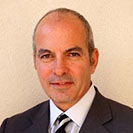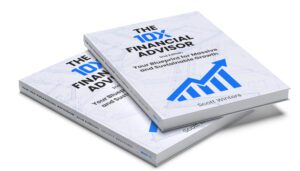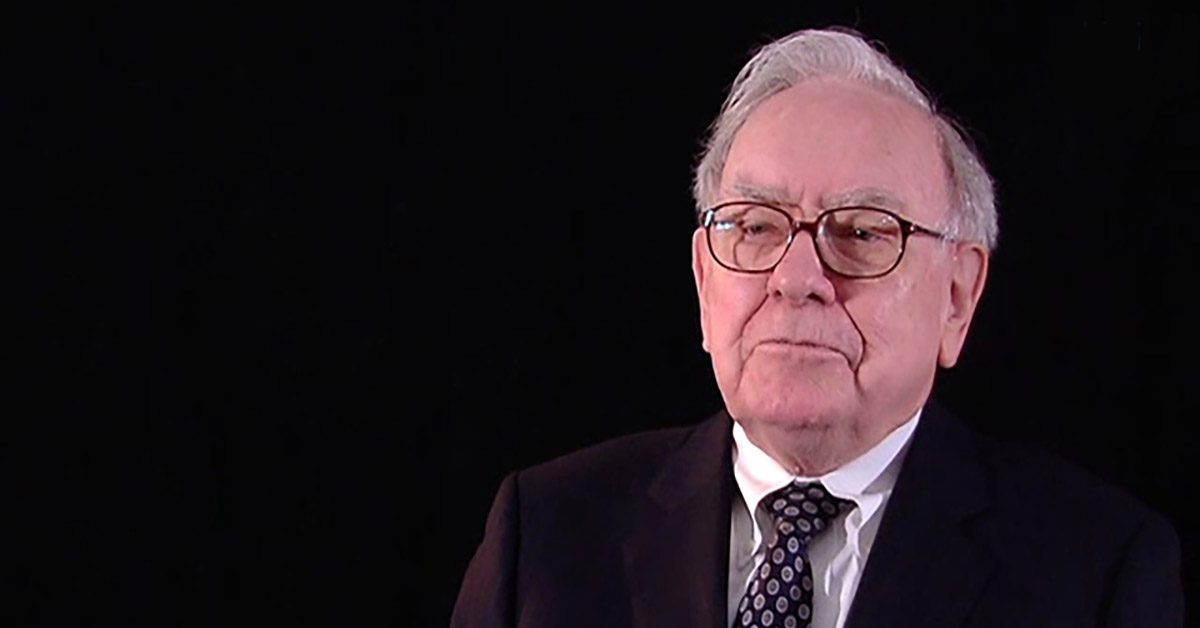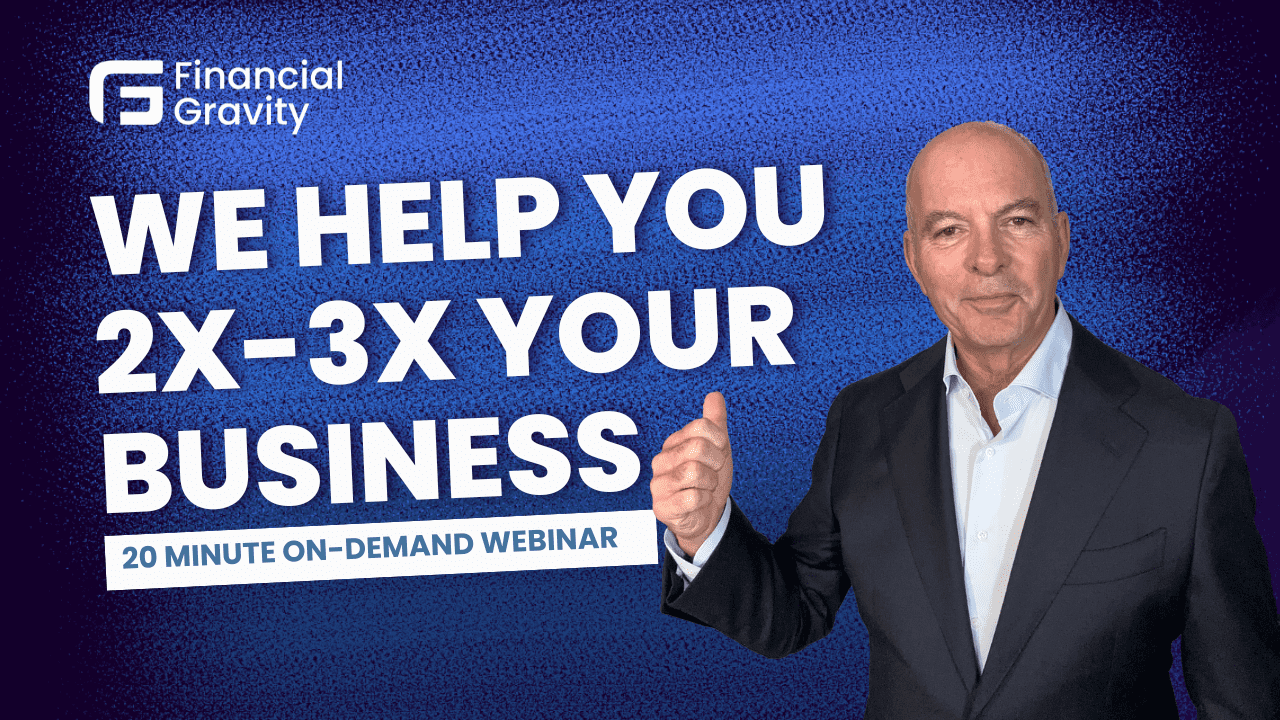How Financial Advisors Can Make a Strong First Impression
Advisors get asked all kinds of questions. What will the market do? Will inflation persist? Should I buy a house? Is Bitcoin a real thing? The breadth of knowledge people expect advisors to have is virtually endless, but there is one question that is, far and away, more important than any other: “What is your contribution, and why does it matter?”
The question may be worded differently, but you should be able to recognize it when you’re asked. It could be as simple as, “What do you do?” or as specific as, “Tell me about your firm.” However worded, this is the question you want most to be asked because it can open an opportunity for you that could lead to a great new client.
Do you have your answer instantly ready? Have you practiced it and used it many times before? Surprisingly few advisors have done the work to craft a great answer to this question, and that means that they are thoughtlessly letting opportunities pass them by. That is not something the most successful advisors would ever do.
Defining Your Unique Value Proposition as a Financial Advisor
The Oxford Dictionary says the first meaning of contribution is the part played by a person in bringing about a result or helping something to advance. Broadly speaking, every advisor, at least the ones acting as a fiduciary, is in the business of helping their clients protect and grow their wealth.
Do you make a different contribution than others do? This can be in terms of the quality or quantity of your contribution. As an example, your contribution could be to make your clients more secure, their accounts compound faster, or it could mean that you make the most secure or the fastest compounding.
Whether provided by a person, a company, or an organization, their contribution is the essential element of their brand. There have been many iconic descriptions of contributions over the history of advertising: “We bring good things to life,” “We try harder,” and “When it absolutely, positively has to be there.” Great brands carve out a place in the universe that’s all their own.
Do you do that? If you don’t, you may end up essentially commodified. Commodification is the worst thing that could happen, short of bankruptcy, because commodities compete solely on price. Price competition is the enemy of profits and, therefore, the enemy of enterprise value.
The challenge for any competitor in any industry is to differentiate, and the thing you want to differentiate is your contribution. Note that you don’t really need to state what you do; the second part of the most important question, “Why does it matter?” is the critical part, where you highlight the benefits of your value proposition.
Why Financial Advisors Must Focus on Client Benefits, Not Just Services
It’s important to always stress the benefits of your offers. It’s the most important part of the communication, in fact, because it’s the benefit that your prospect most wants to capture. To some extent, your prospect doesn’t, or shouldn’t, care how you do what you do. If you can make me more secure and more profitable, I’m much more interested in that outcome than in your process, which I may not understand anyway.
Another best practice too many advisors fail to do is to survey your rivalry. Whom are you competing against, and what are the differences among your direct competitors and others offering a substitute? An example of a substitute for a financial advisor could be an insurance agent, who offers very different products but the same benefits.
If you haven’t surveyed your rivals, you may find that they are not very good at marketing, specifically at highlighting their unique contribution. A huge number will make statements that come down to some version of “We help our clients protect and grow their wealth.” They may as well say, “We do what all other advisors do.”
If you want to maximize your profits and business growth, you would be so much more well served to say, “We do what no other advisors do.” For proof of this, consider that 70% of all advisors who earn seven-figure annual incomes have a niche specialty. They do something that most other advisors do not, and if it’s something that many people need, they have greatly reduced their rivalry and increased the value of their services.
How to Craft Your Best Answer
So, how are you going to hone in on a great answer to this most important question in an advisor’s world? There are a number of things you can do, and one of the fastest and most effective ways to get that answer is to ask what your clients have in common. It’s likely that there is something about your offers that appeals to most or nearly all of your clients. It could be as simple as your location or as complicated as your trading strategy.
It makes sense not just to ask yourself this question but to ask your clients and your staff. At a minimum, you will learn a lot about your place in the rivalry, and at best, you could garner referrals and testimonials you can use in your marketing. Instead of saying, “We help our clients reach a retirement with real lifestyle security,” you could say, “Our clients tell us the thing they most love about working with us is how we communicate with them.”
You will also want to look back on why you won deals and why you lost. When you lost, it was undeniable that your client either felt they could get a better deal elsewhere, or that didn’t trust that you could perform. This would give you great insight and allow you to say things like, “Clients tell us that the one thing we offer that can’t live without is (fill in the blank).”
When you’ve done the work to understand the contribution your clients believe you make, you can see if that differs from the one you say you make. If there is a gap there, you can execute a quick, low-cost marketing and branding fix. It’ll be one that pays back over and over.
It’s important to note that you can’t be all things to all people. Rather than try to make your total addressable market as large as possible, it may make a lot more sense to make it as carefully defined as possible. By narrowing your potential market down, you can focus on what matters most to them.
You really should be able to answer another key question: “Who is your ideal client?” You should know who they are, what their buying behaviors are, and what they value most in their financial lives. Your target market is the sum of all ideal prospects, and that is the cohort you should market to.
When we say “market to,” we mean communicate with. The more you know about your ideal clients, the more effective your communications will be. This provides critical input to your brand’s voice, which is a combination of your content and your style.
Your contribution and why it matters is not only the answer to the most important question in advisory, it’s also your mission statement. All you need to do is put “Our mission is to” in front of your answer. “Our mission is to make (a contribution) to (ideal client cohort) so that they can enjoy (benefits).”
One of the great things about advisory is that you can have a very valuable and profitable practice with a small number of clients. You can live in a city with a population of a million people and thrive with just 30, 50, or 100 clients, a tiny fraction. A benefit for you is that you can develop very deep and meaningful relationships with a small book of business, something that’s very difficult with a large one.
Your mission, your unique contribution, and your total addressable market are the ecosystem that will define your success. The great news is that you have a huge amount of control over what contribution you choose to make, and by making it with real clarity you have not only defined your market opportunity but made your marketing much, much easier.
Financial Gravity: A Game-Changer for Financial Advisors
We have observed that many advisors have a hard time differentiating themselves and, therefore, a tough time with the most important question. However, there is an objectively superior value proposition that many advisors could adopt to take business from rivals of any size. That value prop is the multi-family office.
Billionaires can have anything they want, and overwhelmingly, they choose the family office model. Of course, they do They employ a team of talented industry specialists who work together with one common goal: the success of the client family. The contribution and the benefits associated with a family office are simply superior to anything the mass affluent marketplace is offered by any rival firm.
Financial Gravity is the first and only firm that offers the benefits of the family office to the millions of mass affluent American families. Planning, tax strategy and compliance, asset management, and insurance are all brought together, along with a world-class tech stack and a client services team to handle middle and back office chores, freeing up the advisor for strategic business development.
If a me-too value prop and a low winning percentage are frustrating you, you should discover if Financial Gravity might be a better solution for you and for your clients.





















